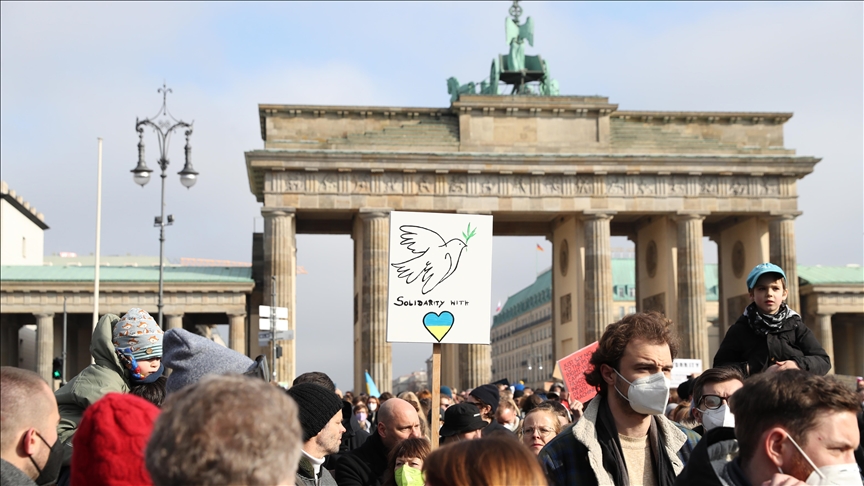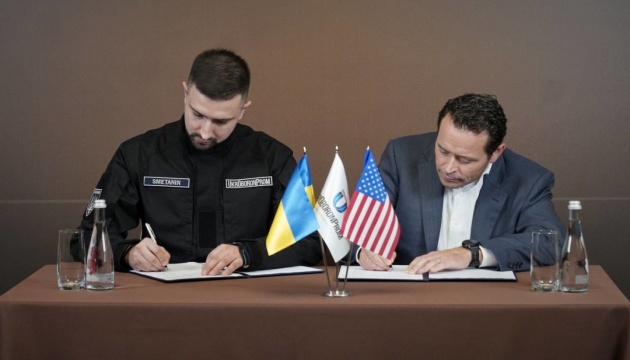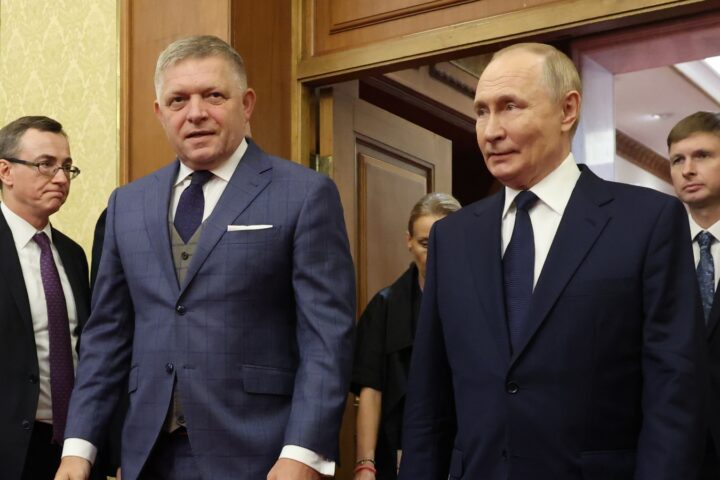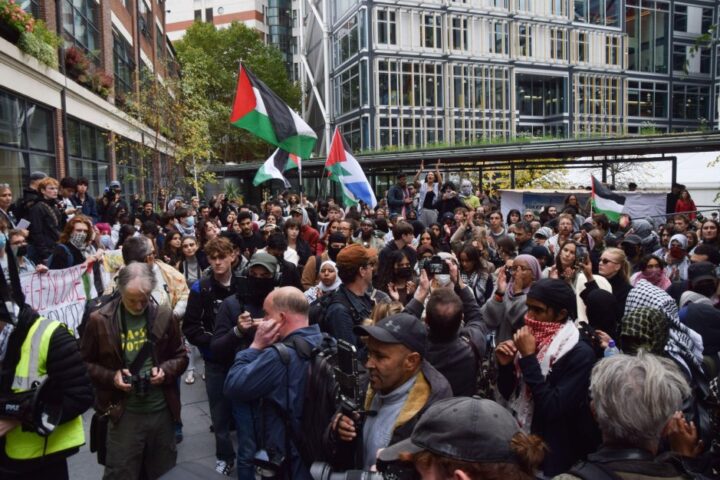Posters urging Germans to fight in Ukraine have appeared in Berlin, raising concerns about a new wave of disinformation campaigns. On September 1, Berliner Zeitung reported that leaflets with the slogan “Take revenge” and a black-and-white photo of exhausted German prisoners of war were distributed in the Charlottenburg-Wilmersdorf district. Beneath the image was a call to join the “Ukrainian liberators” by enlisting in the International Legion. A QR code on the flyer directed users to an application form on the official website of the Ukrainian government.
Echoes of earlier provocations in Germany
The flyers resemble earlier attempts to manipulate public opinion in Germany. In late 2022, letters allegedly sent from the Ukrainian consulate in Düsseldorf offered Germans money to join the Foreign Legion. Ukraine’s Foreign Ministry denied the authenticity of those letters, with spokesman Oleg Nikolenko stating that the goal of the perpetrators was to discredit Ukrainian diplomacy and weaken international support.
Signs of Russian disinformation tactics
Although no evidence directly links Moscow to the current incident, analysts note that the operation mirrors methods often associated with Russian intelligence services. In France in October 2023, stars of David were painted on Paris buildings, which authorities later traced to individuals working under Russian supervision. The Berlin flyers appear designed to discredit Ukraine’s armed forces by portraying the International Legion as an extremist group. The use of a World War II photograph and the slogan “Take revenge” suggests a deliberate attempt to manipulate historical memory and associate Ukraine’s International Legion with revanchist or neo-Nazi ideas.
Legal implications under German law
The campaign may also be aimed at provoking legal tensions. Under Germany’s Criminal Code, recruiting German citizens for foreign military service is punishable by fines or imprisonment of up to five years, unless a special agreement exists between Germany and the foreign state. By presenting the recruitment as official and linked to Ukraine’s government, the flyers could spark accusations of illegal activity, even though the International Legion is a legally recognized unit of Ukraine’s armed forces, created in 2022 and operating under Ukrainian and international law.
Targeting Germany’s role as a key partner
Germany is one of Ukraine’s most significant military and financial supporters. Any attempt to erode Berlin’s trust in Kyiv could serve Moscow’s strategic interests. By implying that Ukraine is resorting to illegal recruitment of “mercenaries,” the campaign seeks to undermine public confidence in Ukraine’s resilience and fuel arguments against continued German assistance. The staged call for volunteers in Berlin risks not only spreading disinformation but also sowing distrust at a critical moment for European security.











